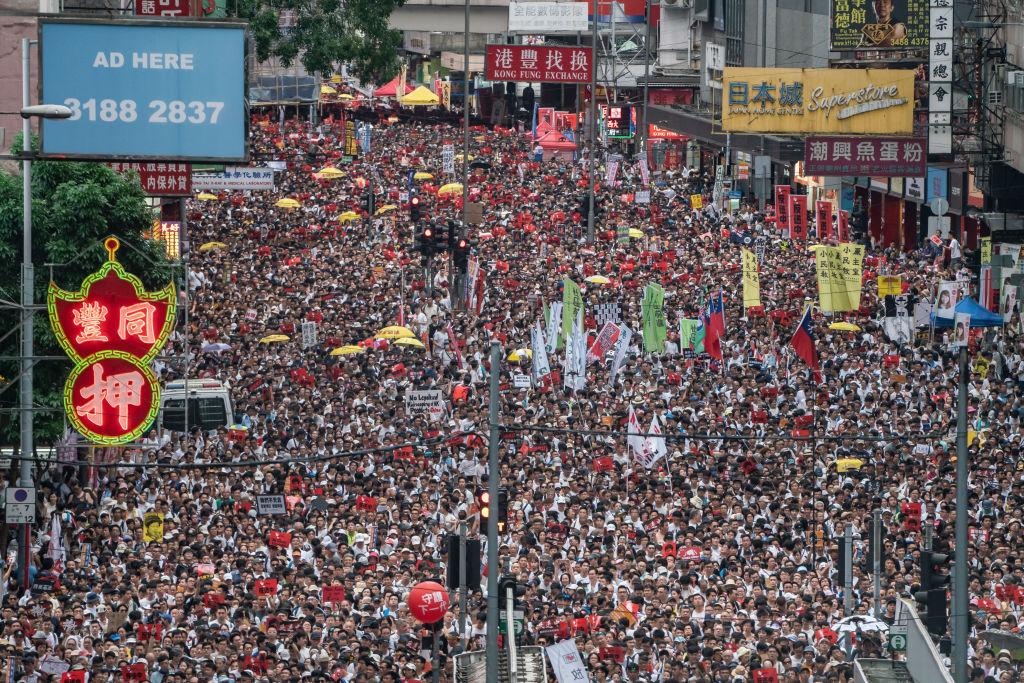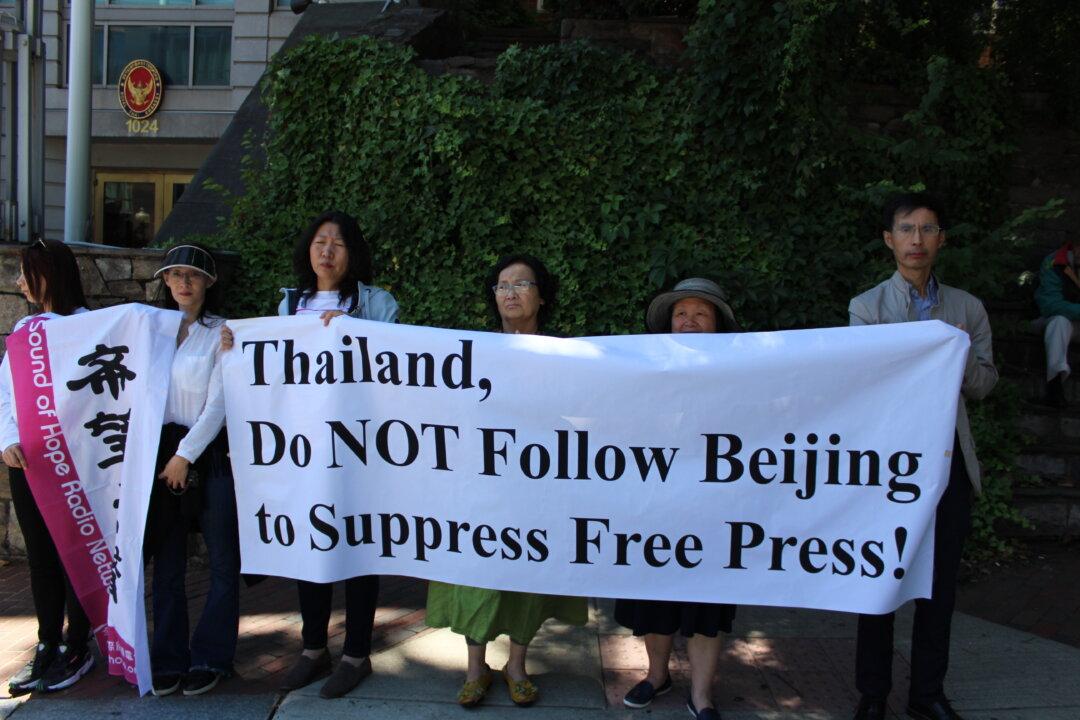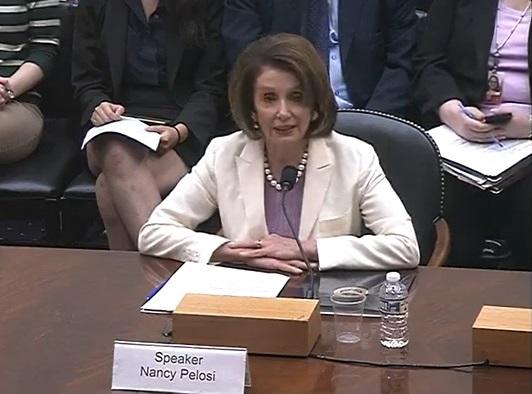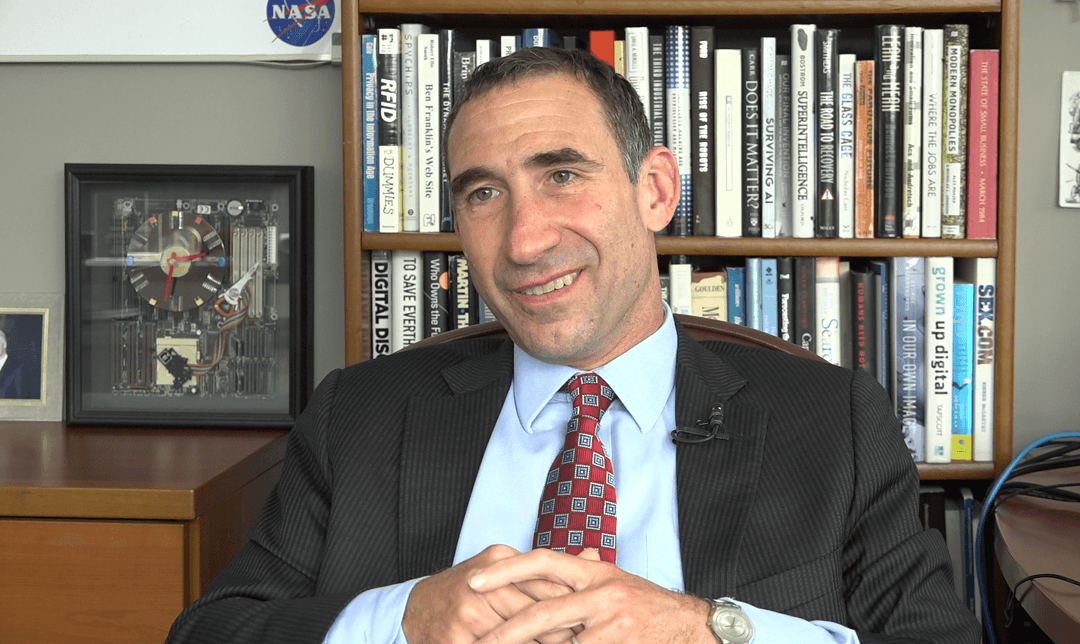WASHINGTON—Religious freedom is fundamental to the United States and good for the whole world, according to remarks delivered by Vice President Mike Pence and Secretary of State Mike Pompeo on the final day of a State Department-sponsored summit.
“Those nations that reject religious freedom breed radicalism and resentment in their citizens,” Pence said July 26 at the State Department’s Ministerial to Advance Religious Freedom. “They sow the seeds of violence within their borders—violence that often spills over into their neighbors and across the world.”



